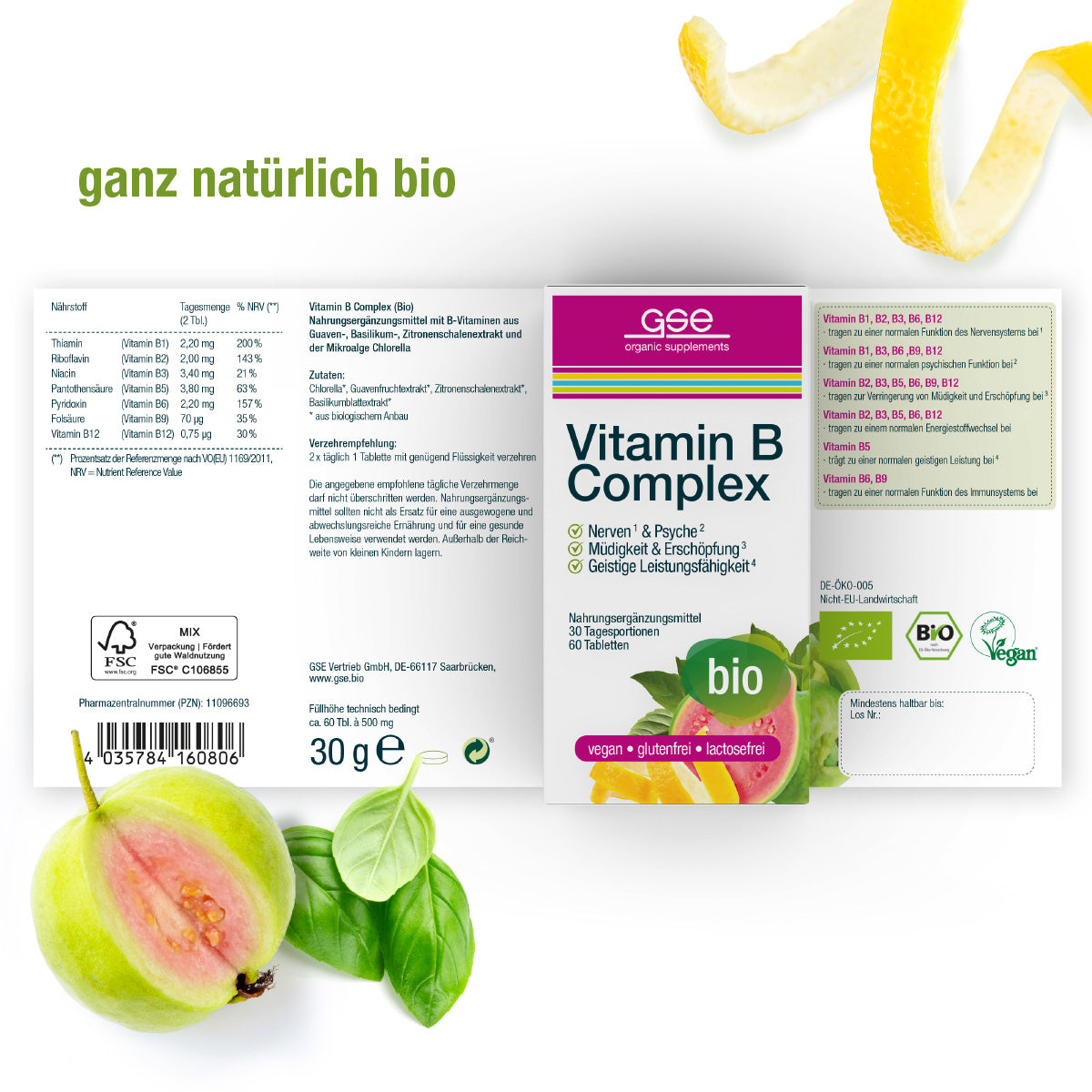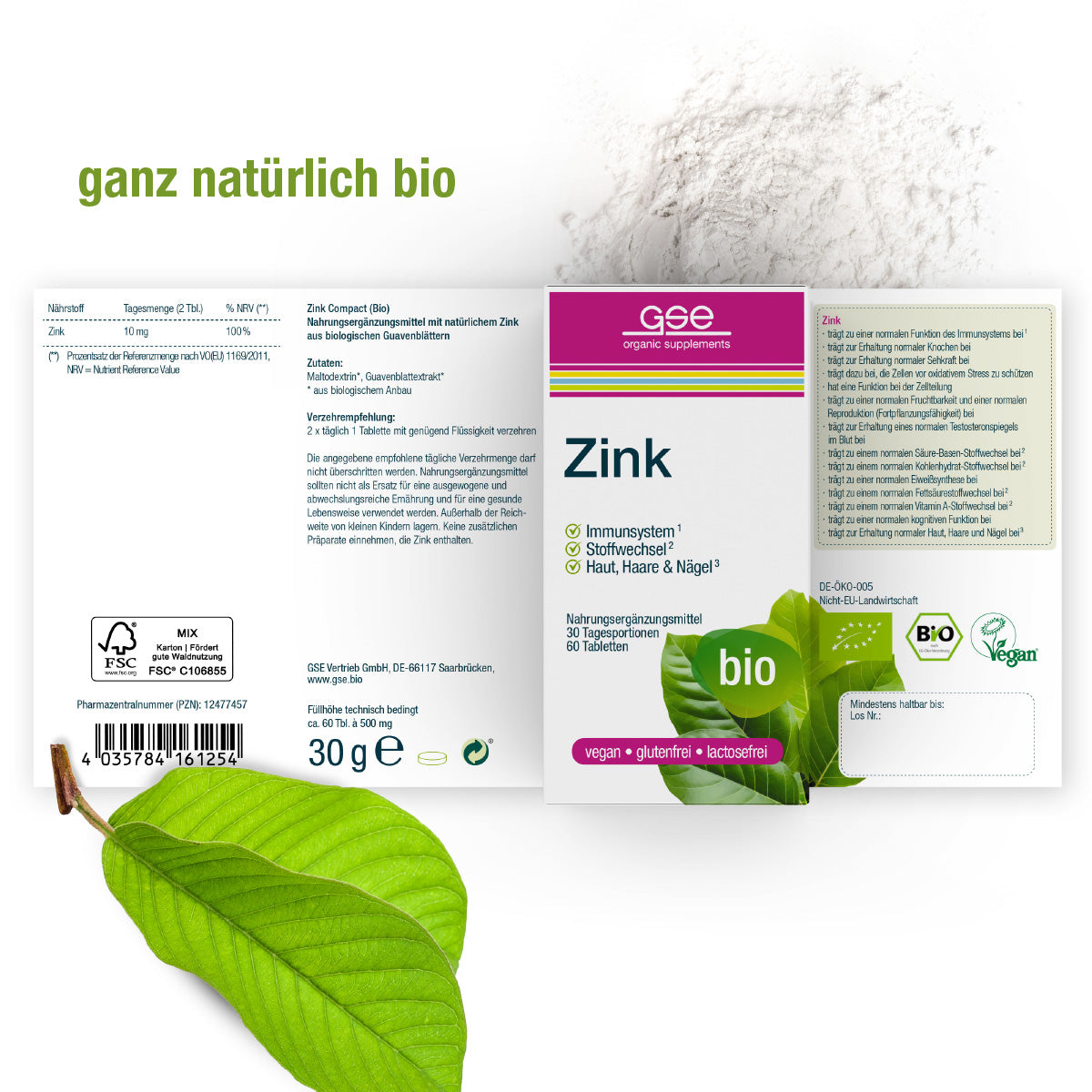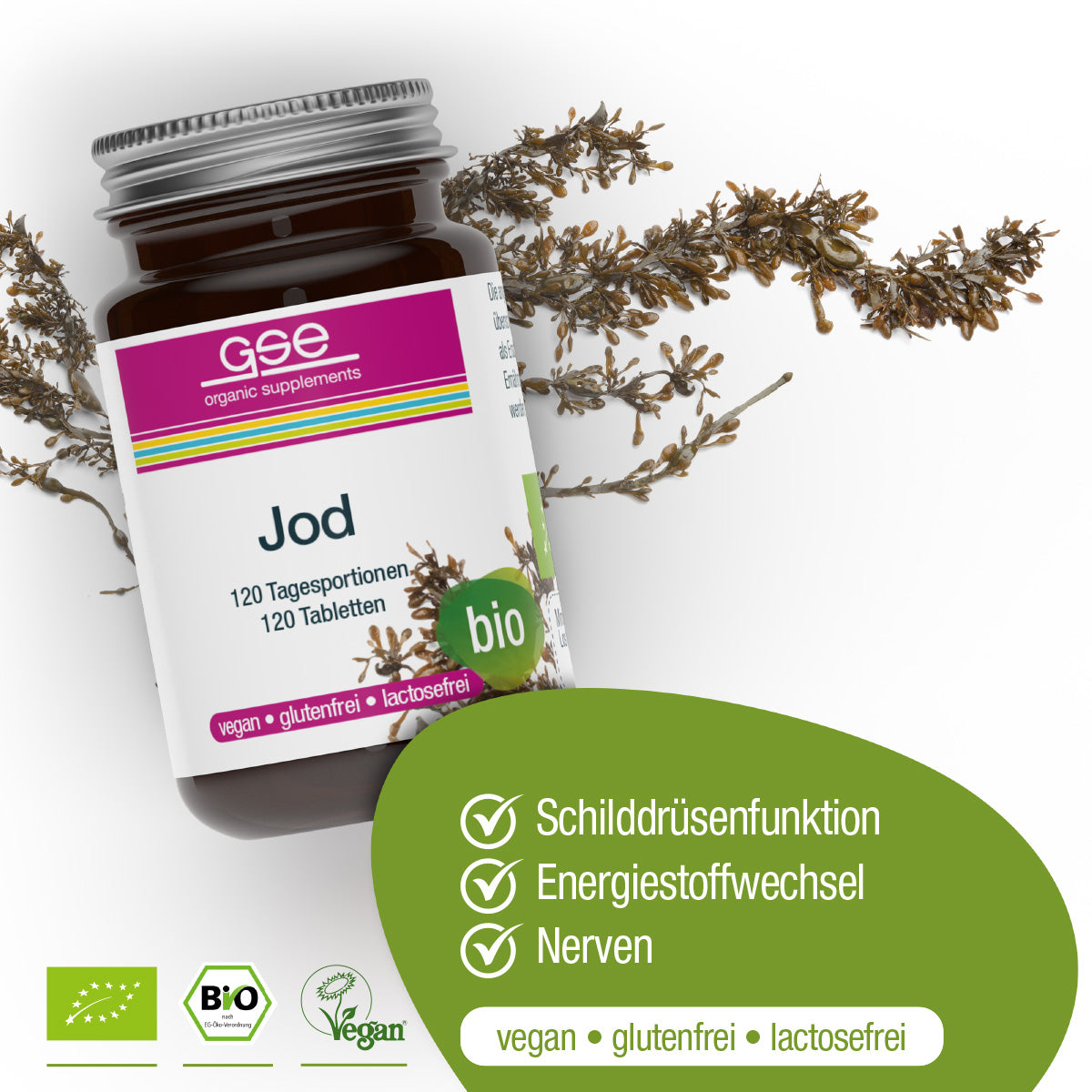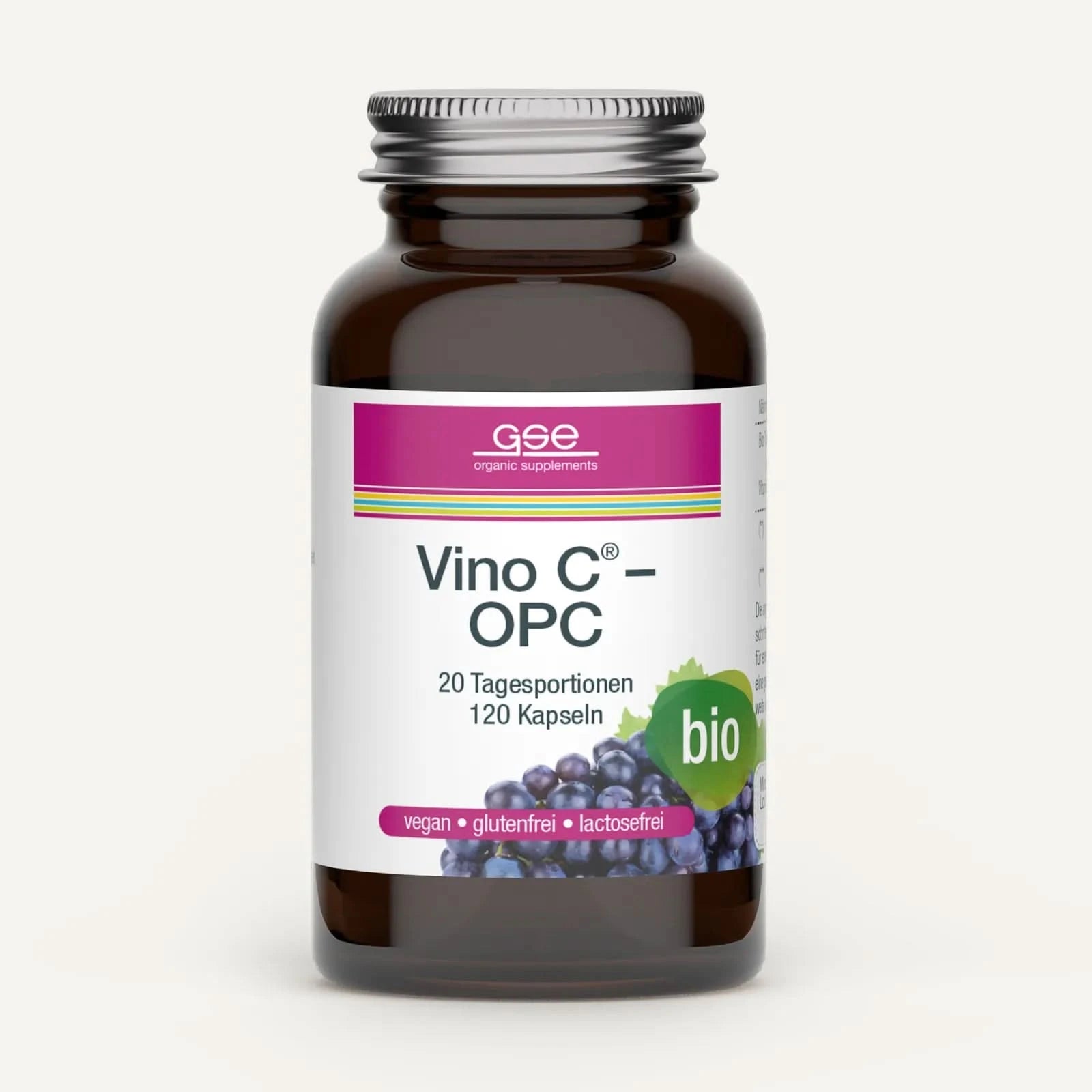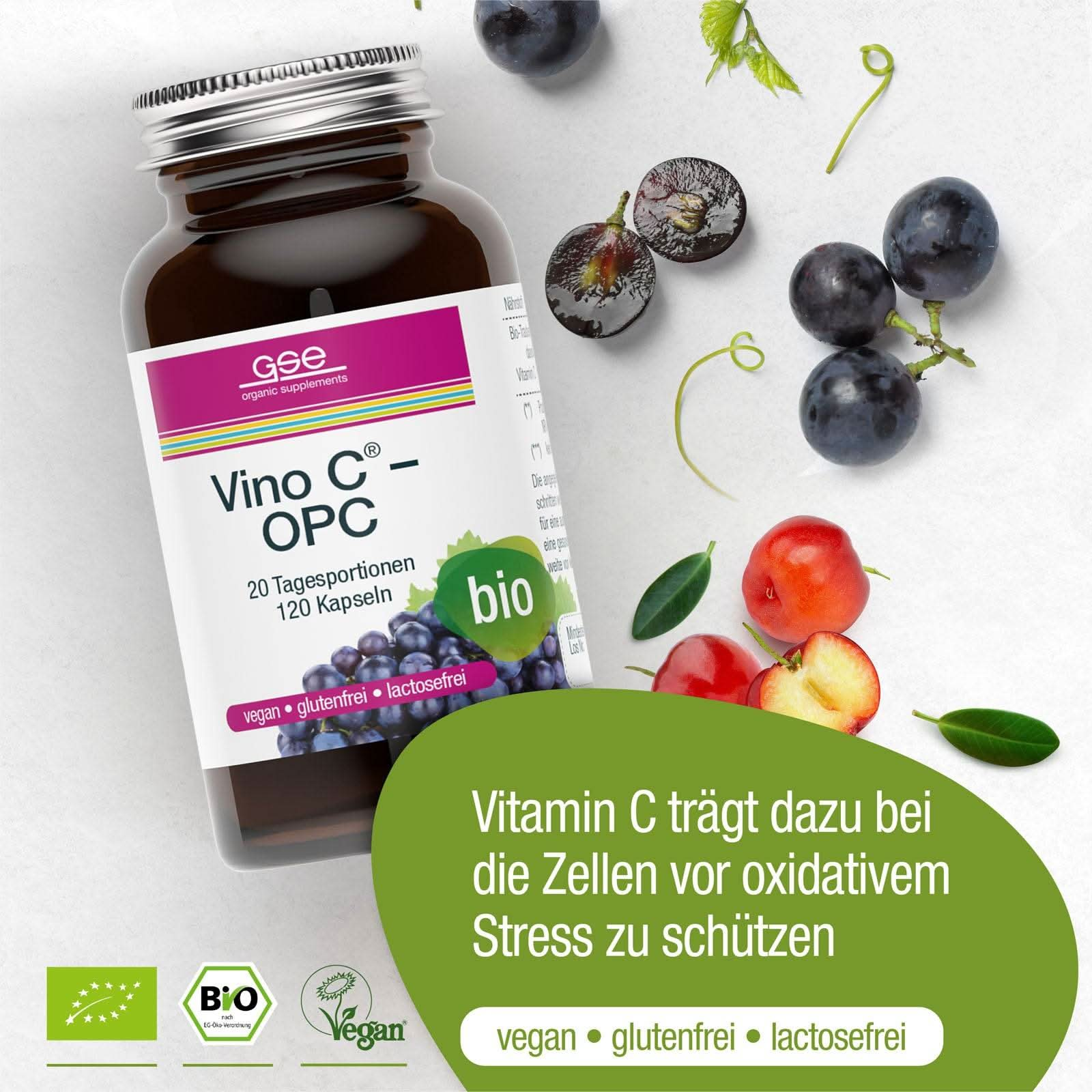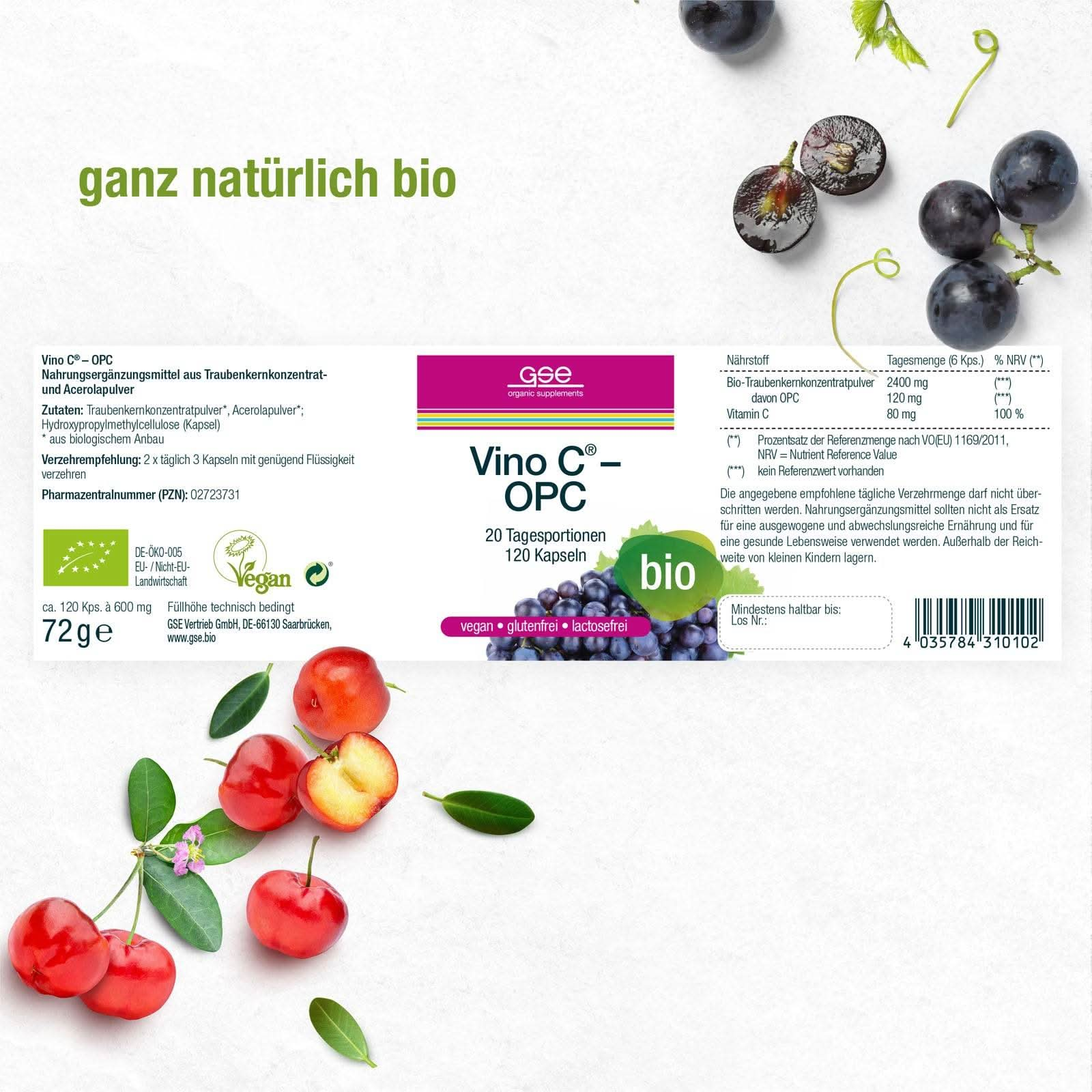Fit down to the smallest cell:
Bio-nutrients for smooth metabolic function
Basically, our metabolism* (also known as metabolism) takes its name very literally: it breaks down micronutrients ingested with our daily diet - meaning vitamins, minerals, trace elements and fatty acids - with the help of hormone-controlled enzymes within the cells. The removal of toxins and cellular excretory products is part of this. Ideally, complex regulatory mechanisms ensure a seamless supply to all cells so that vital bodily functions can run smoothly.
A large part of the metabolism is therefore enzymes on enzymes. And these in turn need, for example Vitamin C, B vitamins (including folic acid, vitamin B12 and biotin), zinc, iron, iodine, chromium, magnesium, calcium, omega-3 fatty acids and manganese are essential as so-called cofactors. Other micronutrients influence each other directly; iron, for example, is much better utilized in the presence of vitamins A and C because they contribute to normal iron metabolism.
If our diet does not contain enough metabolically active nutrients or do we have a special life situation increased needthe body initially draws on its own reserves. This works well for a while, but at some point the stores are empty ... and then negative effects can occur in the long term. Other influencing factors are Stress on the nervous and endocrine systems, pregnancy and breastfeeding, competitive sport and external conditions, including Stress, lack of sleep or nicotine and alcohol consumption.
If a diet with lots of plant-based fresh food is not possible or you would like to supplement individual nutrients, GSE has the right products for you. Our certified organic food supplements do not contain any unnecessary synthetic additives and obtain their vitamins, minerals and trace elements almost exclusively from plants. Whether as easy-to-consume tablets, versatile powders or tasty juices - GSE products are so close to nature that the body hardly recognizes the difference to salad & co.
*Did you know? Metabolism ≠ Digestion!
The term metabolism is often used somewhat misleadingly. Although there is often talk of "boosting metabolism" in relation to diets etc., this part only covers the very first part of the complex functional structure: digestion. It processes macronutrients such as proteins, fats and carbohydrates into energy as efficiently as possible or uses the breakdown products as building material for cell membranes and muscles. Excess energy is stored - ideally not in the form of unloved waist fat if you get enough exercise. The actual cellular metabolism only begins when the broken down food components are delivered to the cells by the bloodstream.
These GSE products give the metabolism a boost:
